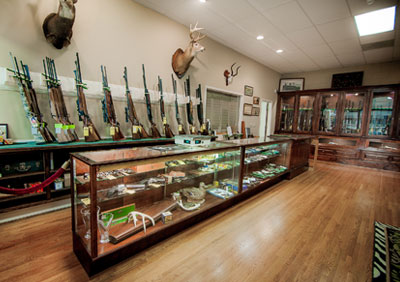Appraising a gun is a crucial task that requires attention to detail, knowledge of firearms, and an understanding of market values. A gun appraiser determines a firearm's value based on various factors, including its condition, rarity, historical significance, and overall market demand.
When appraising a gun, the appraiser typically follows a set of
critical steps and procedures to ensure they arrive at an accurate and fair
value for the firearm. Here are some of the key points that an appraiser will
perform when appraising a gun:
1. Inspect the firearm
The first step in appraising a gun is to inspect it thoroughly.
The appraiser will examine the firearm's condition, including any wear and
tear, damage, or modifications. They will also look for identifying marks or
features indicating the gun's make, model, and age.
2. Research the gun's history.
Once the appraiser has inspected the firearm, they will research
it to determine its history. This may include analyzing the gun's manufacturer,
production dates, and any historical significance or provenance that may affect
its value.
3. Determine the gun's rarity.
Its rarity is one of the essential factors in determining a
gun's value. The appraiser will research how many of the guns were produced,
how many are still in circulation, and how many are in excellent condition.
This information will help the appraiser determine the gun's rarity and how
that rarity affects its value.
4. Consider the gun's overall market demand.
The overall market demand for a gun is another crucial factor in
its value. The appraiser will consider factors such as the gun's popularity,
current market demand, and any trends or patterns in the firearms market that
may affect its value.
5. Determine the gun's condition grade.
After considering the above factors, the appraiser will
determine the gun's condition grade. This standardized system is used to rate
the condition of firearms based on criteria. The condition grade will help the
appraiser determine the gun's value, as firearms in better condition will
generally command higher prices.
6. Determine the gun's value.
Finally, the appraiser will determine the gun's value by using
all the above factors. They may compare the gun to similar firearms sold
recently, consider current market trends, and consider other factors affecting
its value.
Appraising a gun is a complex task that
requires knowledge, expertise, and attention to detail. Following critical
steps and procedures, an appraiser can accurately and fairly determine a
firearm's value, providing vital information for buyers, sellers, and
collectors in the firearms market.















0 comments:
Post a Comment